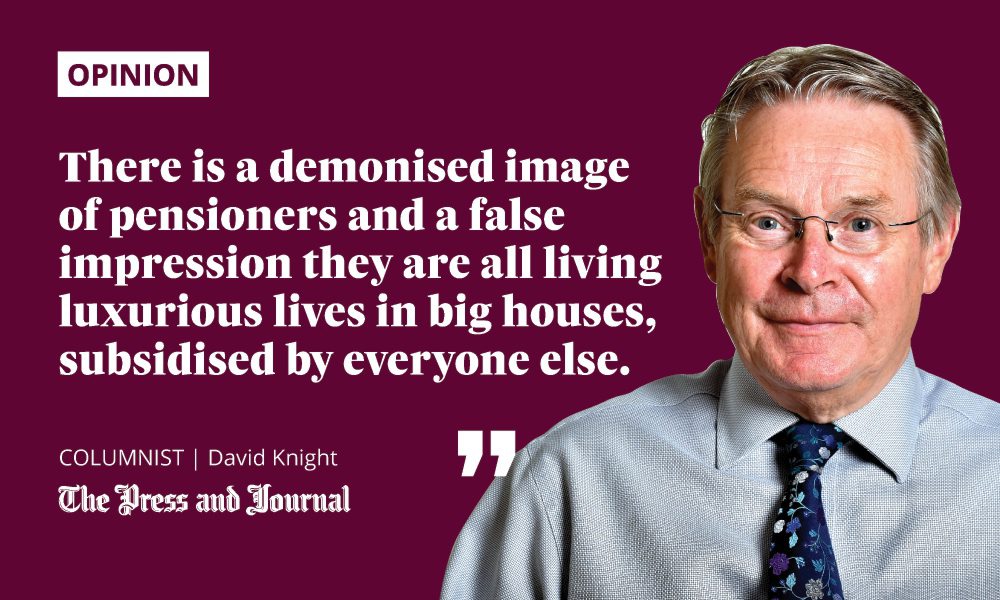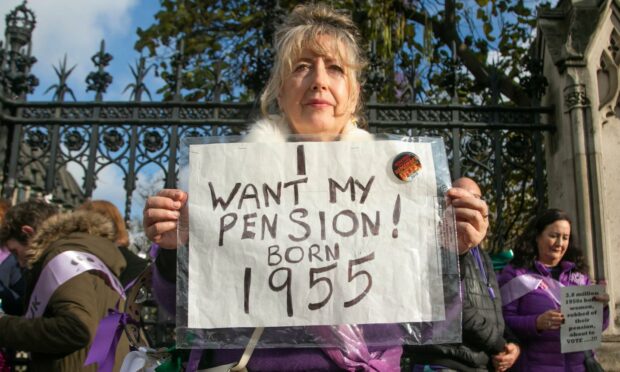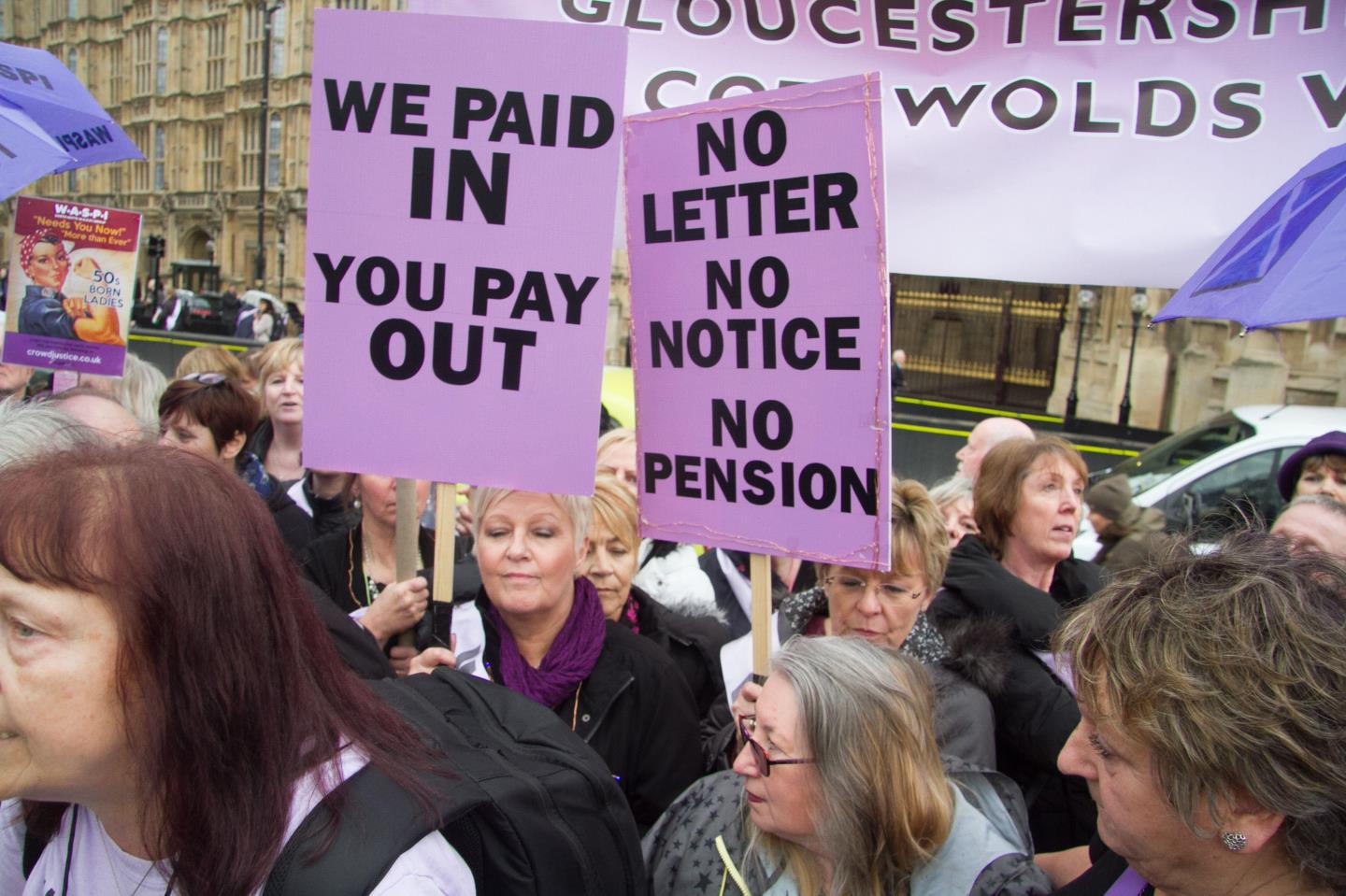I decided to book an appointment with a new hairdresser for my first trip abroad after almost two lockdown-ravaged years – off the coast of west Africa, in case you were wondering.
Just to clarify, I don’t mean the hairdressing salon is in the Atlantic, but my holiday destination, of course – resurrected after numerous Covid dramas.
I was quite flexible with my hair during lockdown; my wife cut it with dog clippers on one memorable occasion, but she did have my permission.

A nice young woman beckoned me in as I waved at her from outside the hairdresser and took down my details. In a flash, she texted booking confirmation to my mobile as I stood in the doorway.
I glanced down and it read: “Tuesday 9.30am – David for OAP…”
Blinking heck, I thought; I never said I was of pensionable age. Was it that obvious?
I’m still 17 in my head, but laughingly thought I might pass for mid-50s. Perhaps I still could, in low-lit conditions and a mask.
Maybe the problem is a special shampoo which enhances my retreating “Arctic blond” with a silver glow. From above, I resemble a satellite picture of a newly-discovered silver mine.
The last time I felt like this was my 30th birthday when I thought it meant my life was over.
My ego was sprained, but it’s been a bruising couple of weeks for pensioners don’t you think?
Pensioners are demonised for their very existence
Is it just me, or have old people been battered unfairly over “triple lock” state pensions and National Insurance (NI) increases to fund the NHS, along with new social care measures? It’s almost as though they were demonised for their very existence.
But are they not the same people who happily bankroll their children and grandkids and pass on whatever is left over?
“In the not-too-distant past, pensioners did something else which was really helpful – they died pretty much straight after retiring
Or act as unpaid carers and taxi drivers to save family budgets being drained by nursery and transport costs – and were indispensable to frazzled lockdown parents working from home?
And they almost certainly slogged away at work for half a century to qualify for a measly state pension, regarded as one of the most Scrooge-like in the developed world.
Through their own hard work over the years, it is quite likely many older people have a modest company pension, too, which cushions the blow of a pay cut on retiring.
And they gave heavily through their own personal NI contributions over decades to ensure the NHS continued to wobble along.
In the not-too-distant past, pensioners did something else which was really helpful – they died pretty much straight after retiring.
How convenient was that? It meant the UK Government’s tax pot swelled.
Some pensioners are living the good life, but many aren’t
In those days, average life expectancy was late 60s, whereas it is now late 80s. This brought a new set of challenges for geriatric medicine, so state pension age increased to keep pace with inconvenient longevity.
But it was not just pensioners putting the NHS under pressure pre-pandemic – a crippling obesity crisis cut through all ages, along with other killer lifestyle illnesses caused by drugs, alcohol and smoking.
“Some are indeed on big fat pensions – but the rest often live quite modestly or scrape along on basic state pension and benefits
There is a demonised image of pensioners and a false impression they are all living luxurious lives in big houses, subsidised by everyone else.
Yet they actually mirror the haves and have-nots of society in general: some are indeed on big fat pensions – paying much higher income and council taxes as a result – but the rest often live quite modestly or scrape along on basic state pension and benefits.
Women bear the brunt of financial hardship
The Cameron-Clegg coalition dreamed up triple lock pensions pre-Brexit, which was perfectly fair in normal times, yet distorted now by Covid and inflation. But they sneakily signed off something else which stabbed almost four million women born in the 1950s in the back.
The “Waspi” women (Women Against State Pension Inequality), as they became known, knew their pension age was increasing to 66 to equalise with men, but it was accelerated much faster than originally promised and without adequate warning. Many were condemned to financial hardship, but abandoned by Westminster.
So let’s keep a sense of perspective and give oldies a break.
We pensioners need peace and quiet to consider weighty matters.
For example, have you ever wondered why the temperature of coffee varies so much between cafes Sometimes it’s piping hot, but then again it can be lukewarm by the time you get to your table.
Are some places keeping their coffee machines set low to save energy costs, I wonder?
I know what you’re thinking: I’ve got too much time on my hands – I should get a job and start paying National Insurance again.
David Knight is the long-serving former deputy editor of The Press and Journal

